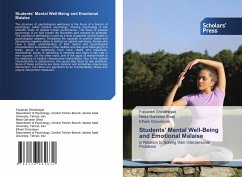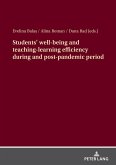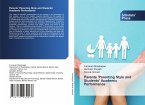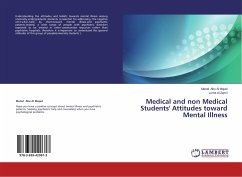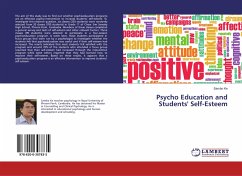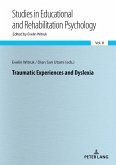The structure of psychological well-being is the focus of a branch of psychology called positive psychology. Positive psychology is the scientific study of optimal human performance. The focus of positive psychology is on how human life flourishes and reaches its potential. The concept of well-being is used as a term of general mental health in psychological research. Increasing the capacity of positive states and decreasing negative states is defined as optimal well-being. People who have a better understanding of their mental and psychological characteristics and believe in their abilities and feel good belonging to a family, group or community have more vitality and happiness. Adolescents' sense of well-being is essential and plays a key role in their success. On the other hand, one of the signs of mental health is the existence of healthy interpersonal relationships. Due to the special characteristics of adolescence, this period also faces its own problems. Some of these problems are more common and sometimes require less intervention, but others are significant as an incompatibility, illness and require intervention measures.
Bitte wählen Sie Ihr Anliegen aus.
Rechnungen
Retourenschein anfordern
Bestellstatus
Storno

